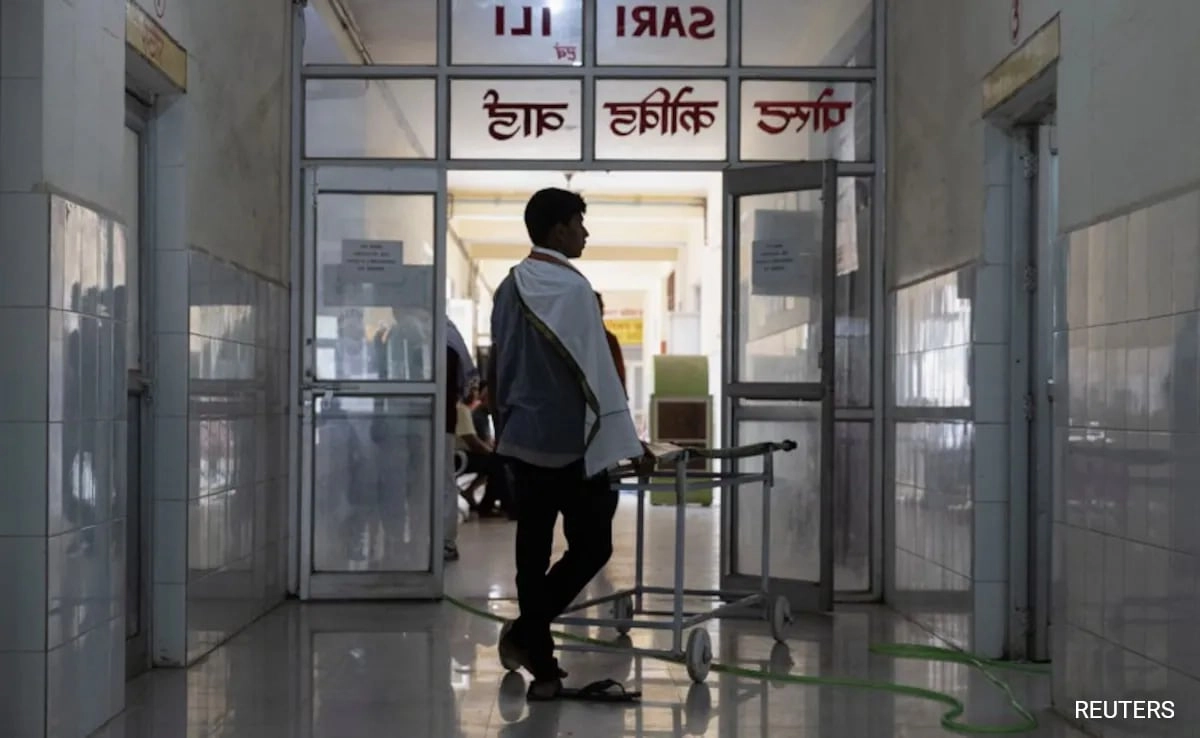In a recent move that underscores the United States’ stringent immigration policy, the U.S. Embassy in India has canceled approximately 2,000 visa appointments, citing the use of automated bots in the application process. This decision reflects a zero-tolerance approach to fraudulent activities that undermine the integrity of the visa system. The cancellation primarily affects individuals who may have utilized these bots to secure appointments in an unfair manner, thereby depriving genuine applicants of their opportunity to obtain a visa.
The embassy’s action serves as a reminder of the ongoing challenges associated with visa processing, particularly in high-demand regions like India, where the number of applicants often far exceeds the available appointments. The reliance on bots for booking appointments not only distorts the fairness of the system but also highlights the increasing sophistication of fraudulent practices in the immigration process. As a result, the U.S. government is taking a proactive stance to ensure that its visa system remains equitable for all applicants.
In light of this cancellation, the U.S. Embassy has encouraged prospective travelers to utilize legitimate means for securing visa appointments. They are also advised to remain vigilant against any services that promise guaranteed appointments through dubious methods. The embassy’s commitment to maintaining the integrity of the visa process is evident, as they emphasize that the use of bots will not be tolerated. This proactive approach aims to create a level playing field for all applicants and ensure that the visa issuance process is conducted fairly and transparently.
Furthermore, this incident highlights the broader implications of technological advancements on traditional processes. While technology can enhance efficiency in many areas, it can also be exploited for nefarious purposes, as seen in this case. The U.S. Embassy’s response serves as a cautionary tale for both applicants and immigration authorities around the world, emphasizing the need for continuous monitoring and adaptation of policies to counteract emerging threats. As the landscape of immigration evolves, it remains crucial for governments to balance accessibility with security, ensuring that the integrity of their systems is upheld.




